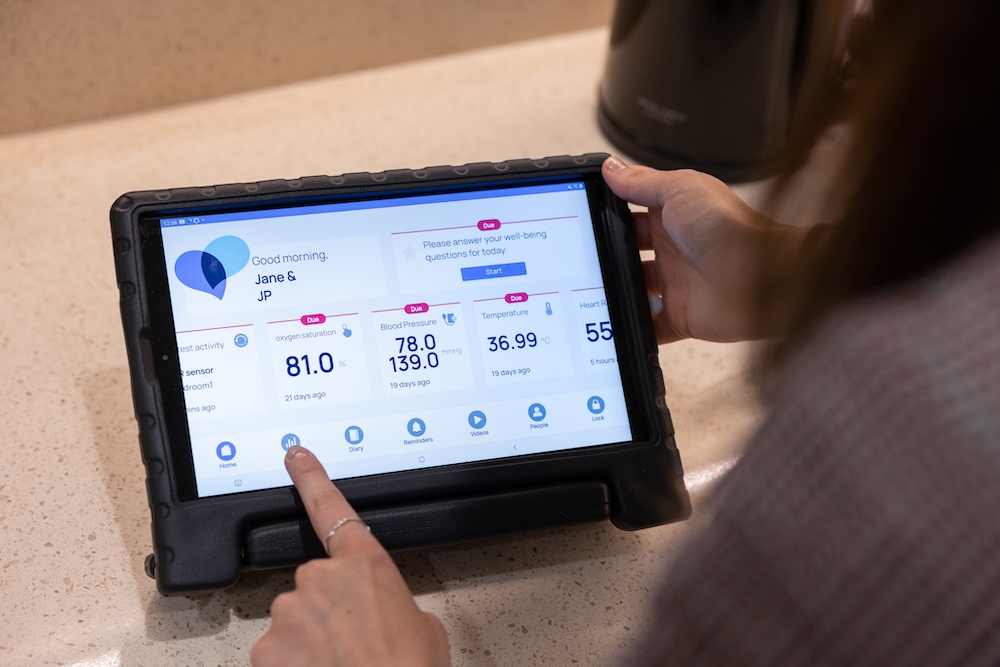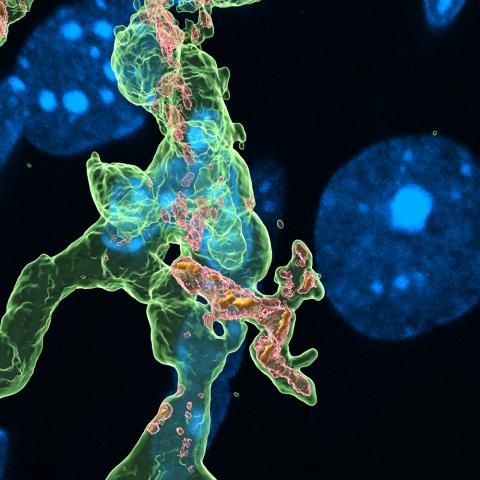Biography
With a background in traumatic brain injury, Prof David Sharp is an expert in the use of advanced neuroimaging to study the human brain, with a particular focus on causes of cognitive problems across the brain network. After studying medicine at the Universities of Oxford and London, he obtained his PhD from the latter in 2006. David became an NIHR Professor at Imperial College London in 2012. He brings his expertise to the UK DRI Centre for Care Research & Technology at Imperial, where as Centre Director, he leads a ground-breaking research programme using technology to transform diagnosis and care for people living with dementia.
Prof Sharp leads the ‘ZeDTech’ dementia network – developing zero burden and sustainable technologies to support independent living with dementia – which brings together teams of researchers, developers, engineers and health and social care professionals. It is one of four new Dementia Networks across the UK, funded by a total investment of £6million from the UKRI Engineering and Physical Sciences Research Council (EPSRC) and the National Institute for Health and Care Research (NIHR). Each network focuses on a different challenge facing people living with dementia.
Sharp Lab
Explore the work of the Sharp Lab, using radical new approaches to assess the effects of dementia and improve the lives of people living with the condition

Latest news



